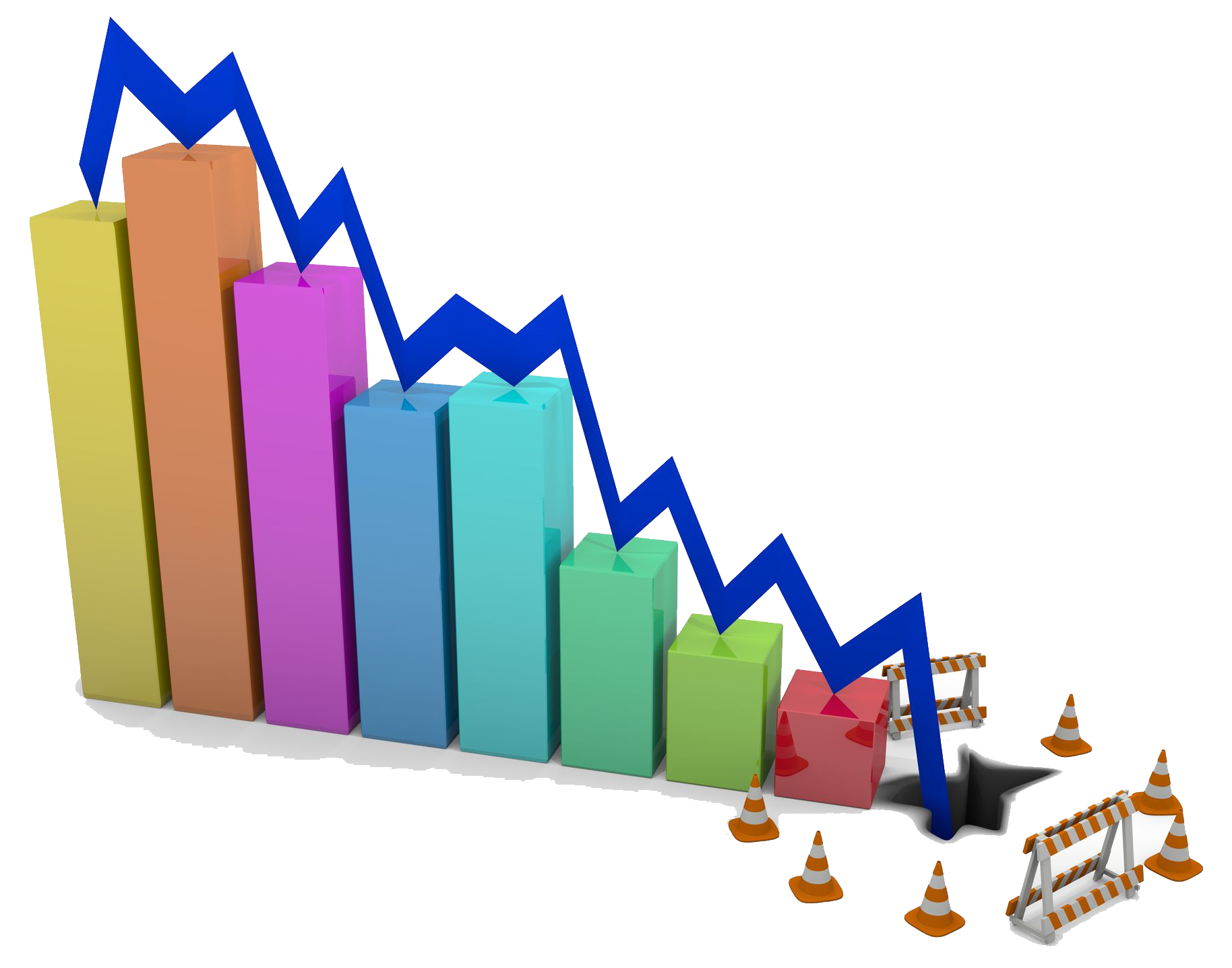 This is another offering in my ongoing series on understanding the fundamentals of business as we become better business managers. Remember, fundamentals are like natural laws: they don’t change; they’re the same for everyone, and you can’t succeed without understanding and respecting them. The fundamentals today are all about funding growth.
This is another offering in my ongoing series on understanding the fundamentals of business as we become better business managers. Remember, fundamentals are like natural laws: they don’t change; they’re the same for everyone, and you can’t succeed without understanding and respecting them. The fundamentals today are all about funding growth.
Consider the following scenario that plays out on Main Street every day:
“Finally, my business is growing,” a small business owner confides to his friend, “but why is it creating so much negative cash?” And then, with that deer-in-the-headlights look, he completes his report, “I thought by now, with increased sales, cash would be the least of my worries. I used to be afraid I couldn’t grow my business; now I’m worried it will collapse from growth.”
This entrepreneur’s lament is one of the great ironies of the marketplace: a small business in danger of failure succeeding itself right out of business.
Beware Blasingame’s 2nd Law of Small Business: It’s redundant to say, “undercapitalized small business.” This maxim is especially true for fast-growing companies because revenue growth depletes cash in two dramatic but predictable ways. [Continue Reading]

 One of the greatest products of human society is the marketplace. Webster defines it as a place where goods and services are offered for sale.
One of the greatest products of human society is the marketplace. Webster defines it as a place where goods and services are offered for sale.

 This is the last of a three-part series covering what I call The Five Financial Mysteries. The first three Mysteries were about the relationship between cash, accounting, and profit.
This is the last of a three-part series covering what I call The Five Financial Mysteries. The first three Mysteries were about the relationship between cash, accounting, and profit.  This is the second of three articles on how to prevent your firm from becoming part of the increasing mortality statistics of U.S. small businesses. That’s right. The SBA reports that 50% of small businesses fail in the first four years, instead of five years, as they reported 20 years ago.
This is the second of three articles on how to prevent your firm from becoming part of the increasing mortality statistics of U.S. small businesses. That’s right. The SBA reports that 50% of small businesses fail in the first four years, instead of five years, as they reported 20 years ago.